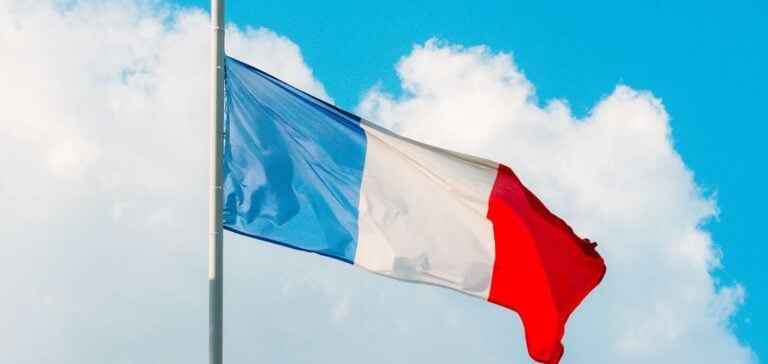France’s energy strategy, outlined in the Multiannual Energy Program (PPE), has been deemed insufficient to meet European climate commitments. In a recent statement, the Environmental Authority (AE) recommends an additional 12% reduction in energy consumption by 2030 to comply with the “Fit for 55” plan adopted by the European Union in 2021.
Energy consumption targets
The European “Fit for 55” plan aims to reduce greenhouse gas emissions by 55% by 2030 compared to 1990 levels. For France, this translates to limiting final energy consumption to 1,243 TWh by 2030. However, the current PPE forecasts consumption at 1,410 TWh, far exceeding this threshold.
The Environmental Authority stresses that this discrepancy jeopardizes European climate commitments and urges an immediate reassessment of energy priorities. It also recommends better structuring of measures to meet the critical 2030 and 2035 milestones necessary to achieve the final target of 1,060 TWh by 2050.
Key areas for improvement
To bridge this gap, the AE proposes three strategic areas:
1. Energy sobriety: Encourage responsible consumption behaviors and reduce unnecessary usage through tailored public policies.
2. Energy efficiency: Invest in infrastructure optimization, particularly in buildings and industry, which account for a significant portion of energy use.
3. Reinforcement of energy-saving certificates (CEE): Maintain and adapt this mechanism to maximize incentives for adopting sustainable solutions.
Criticism of implementation
The AE also criticizes the unclear and non-binding nature of some proposed measures. While the PPE identifies potential action points, their translation into concrete initiatives lacks clarity. According to the statement, tools such as more prescriptive tenders or specific decrees could ensure effective implementation.
Revision of the National Low-Carbon Strategy
An update to the National Low-Carbon Strategy (SNBC) is scheduled for the first quarter of 2025. This document is expected to reflect European recommendations and the Environmental Authority’s expectations. The current PPE and SNBC plans target a 30% reduction in energy consumption by 2030 compared to 2012. However, without significant adjustments, these objectives risk falling short.
The government will need to make strategic decisions to strengthen national efforts and meet European commitments. The ongoing public consultations will be crucial in shaping these priorities.






















